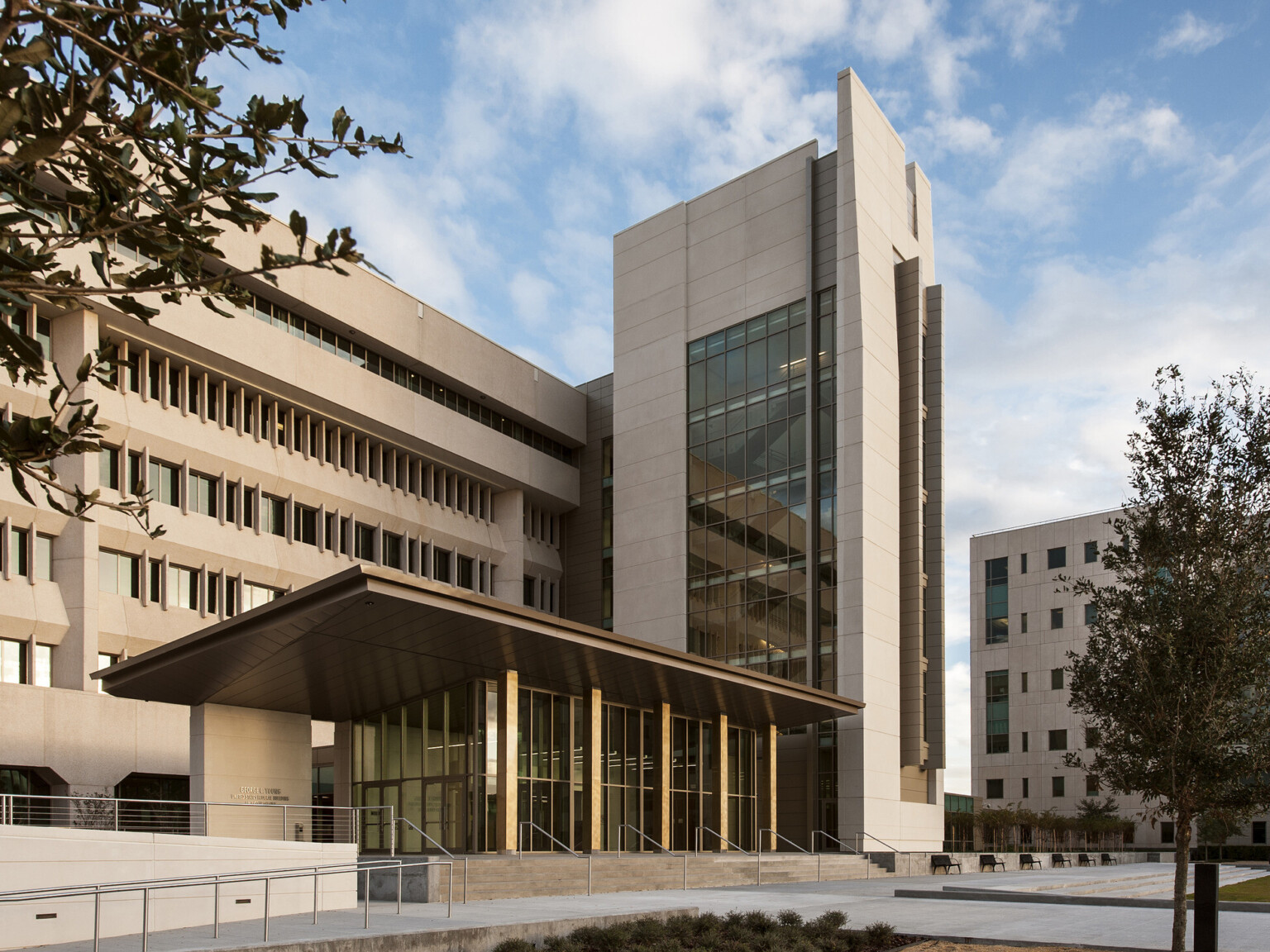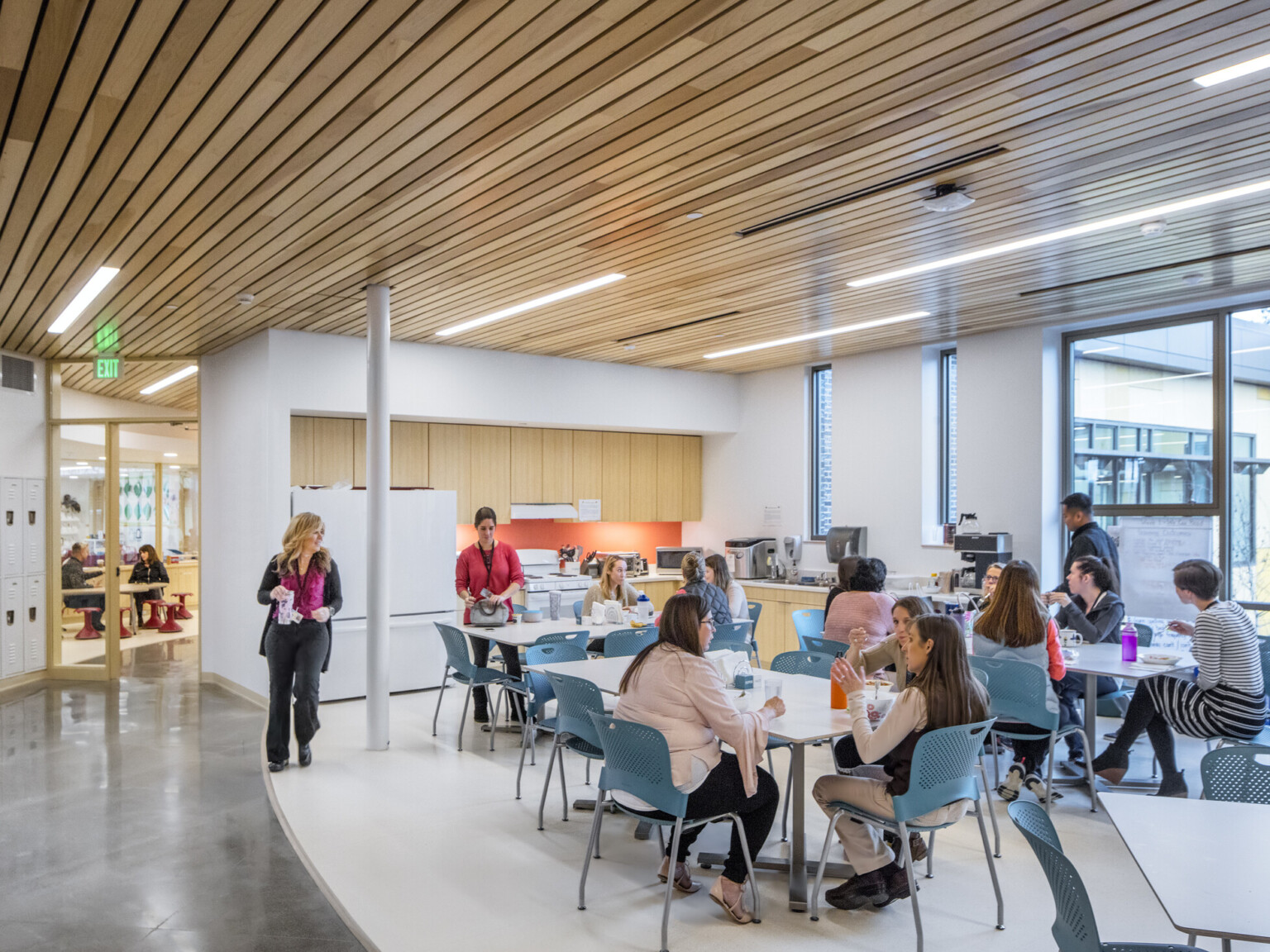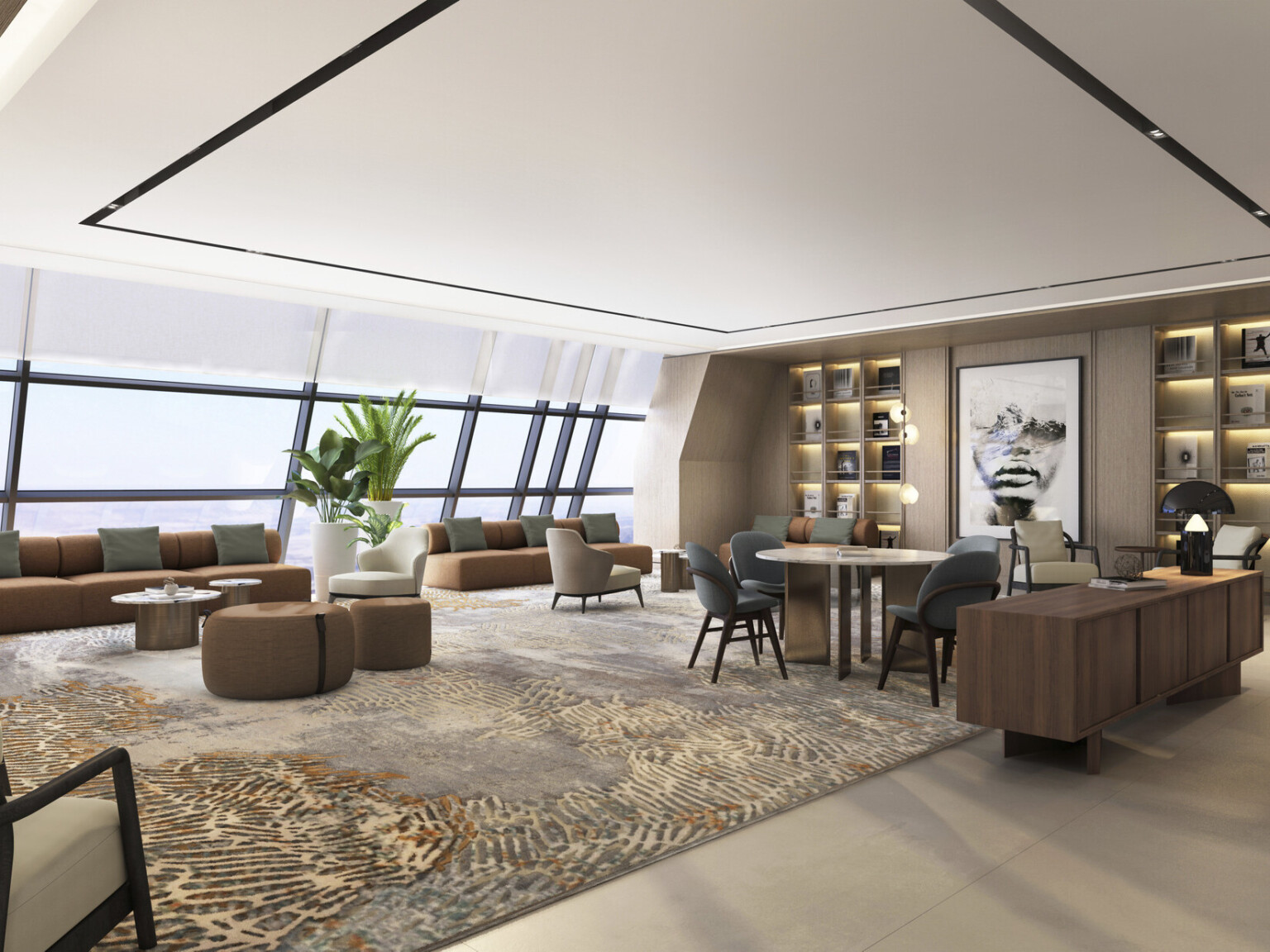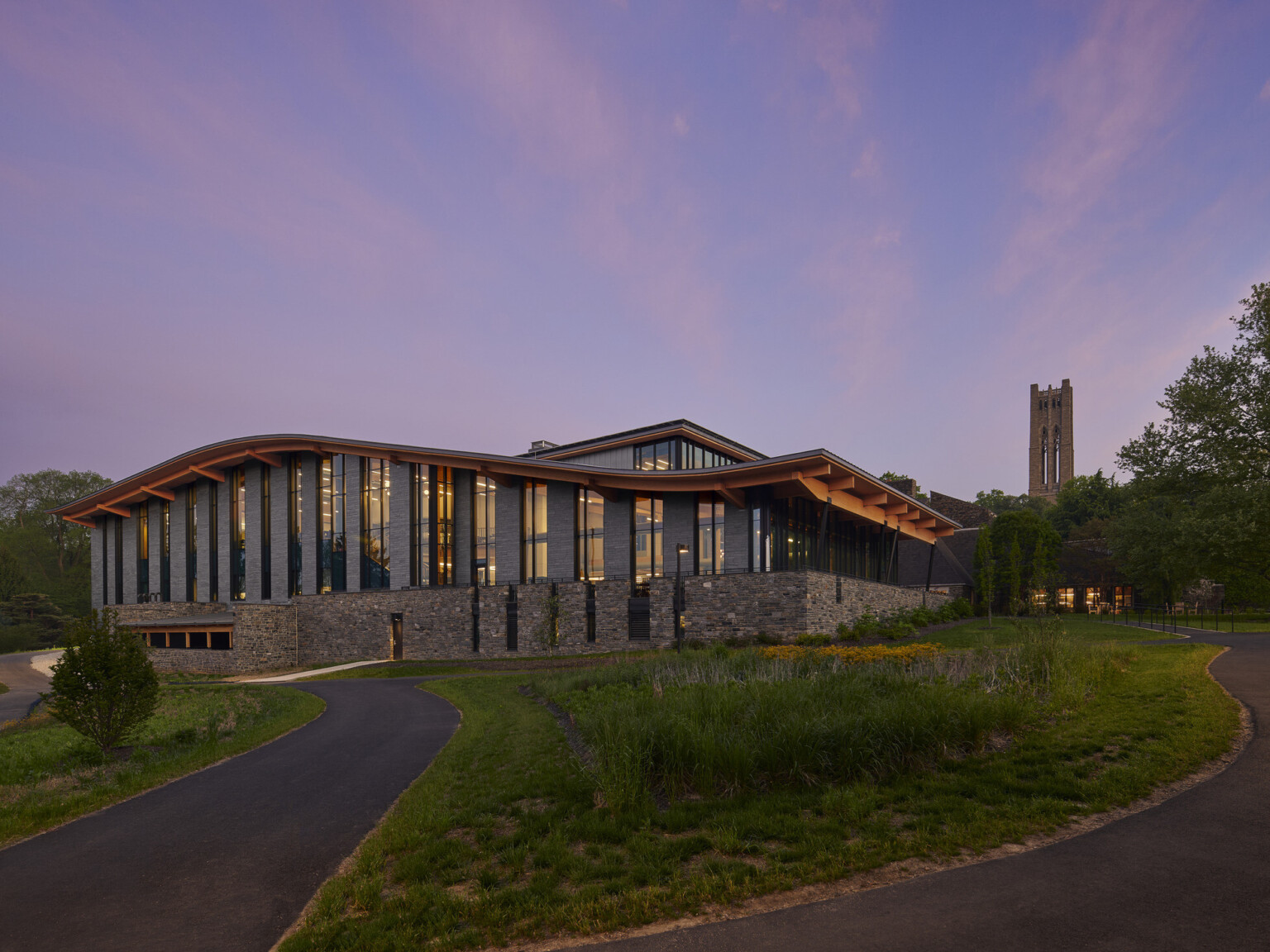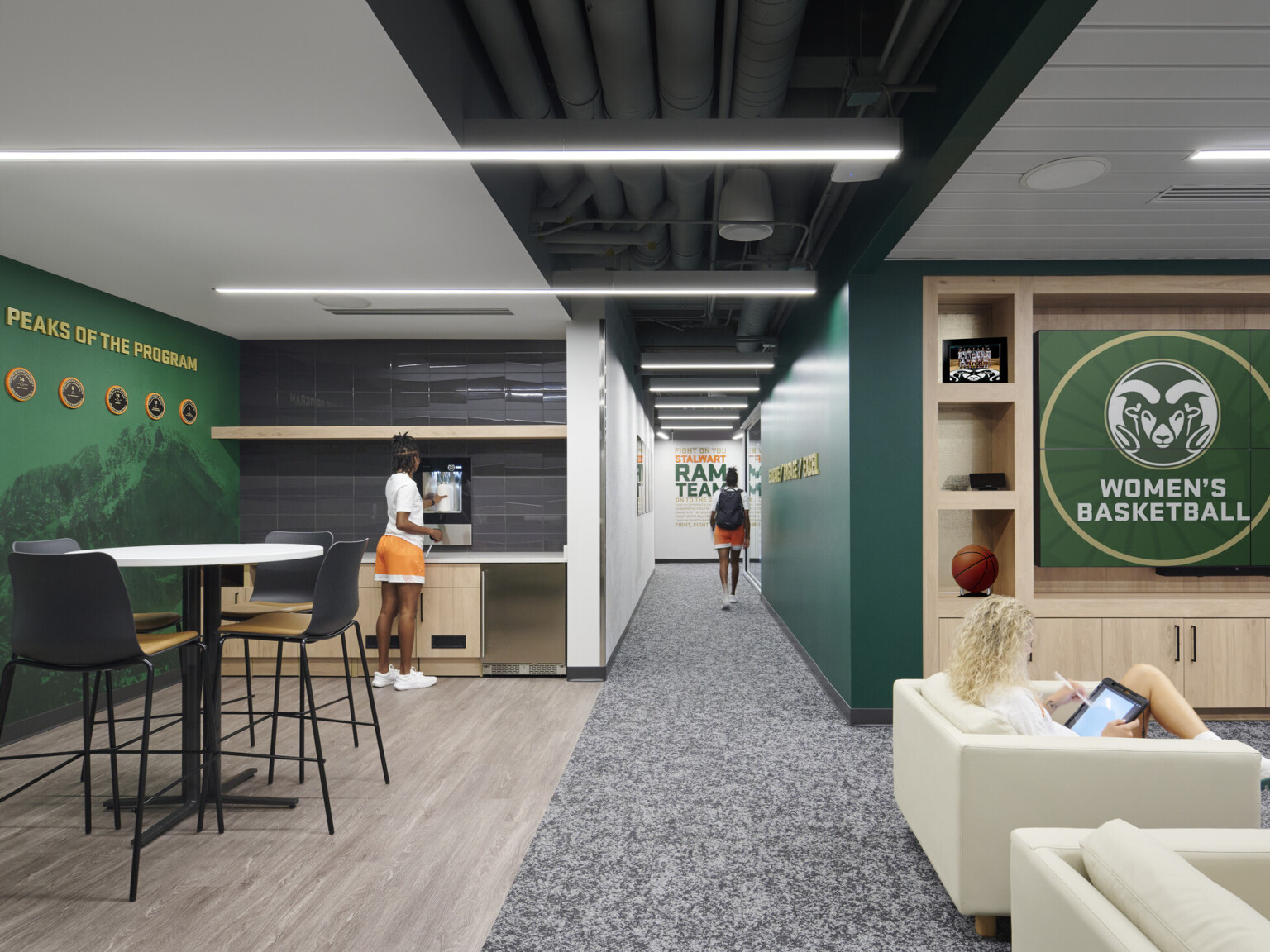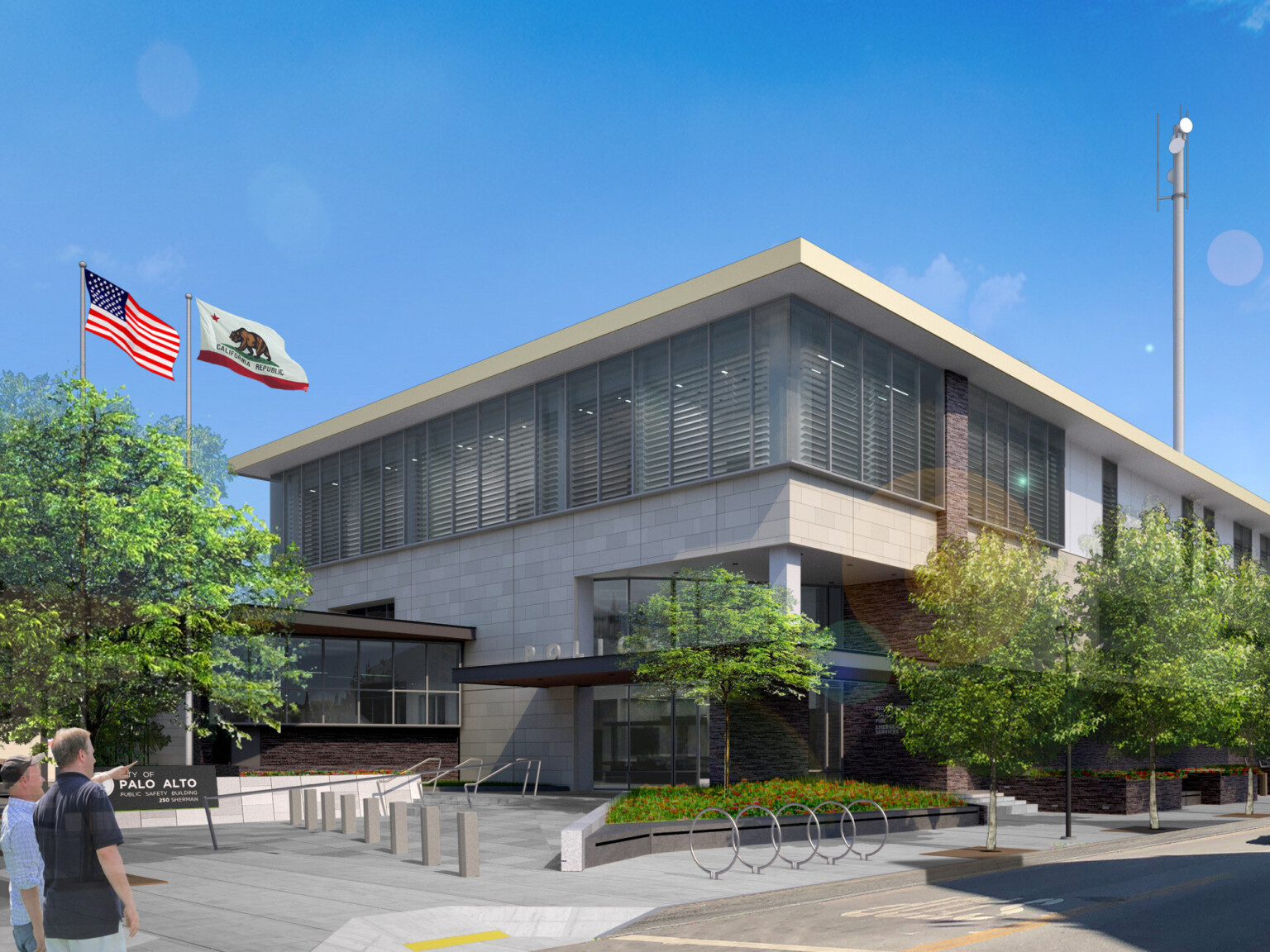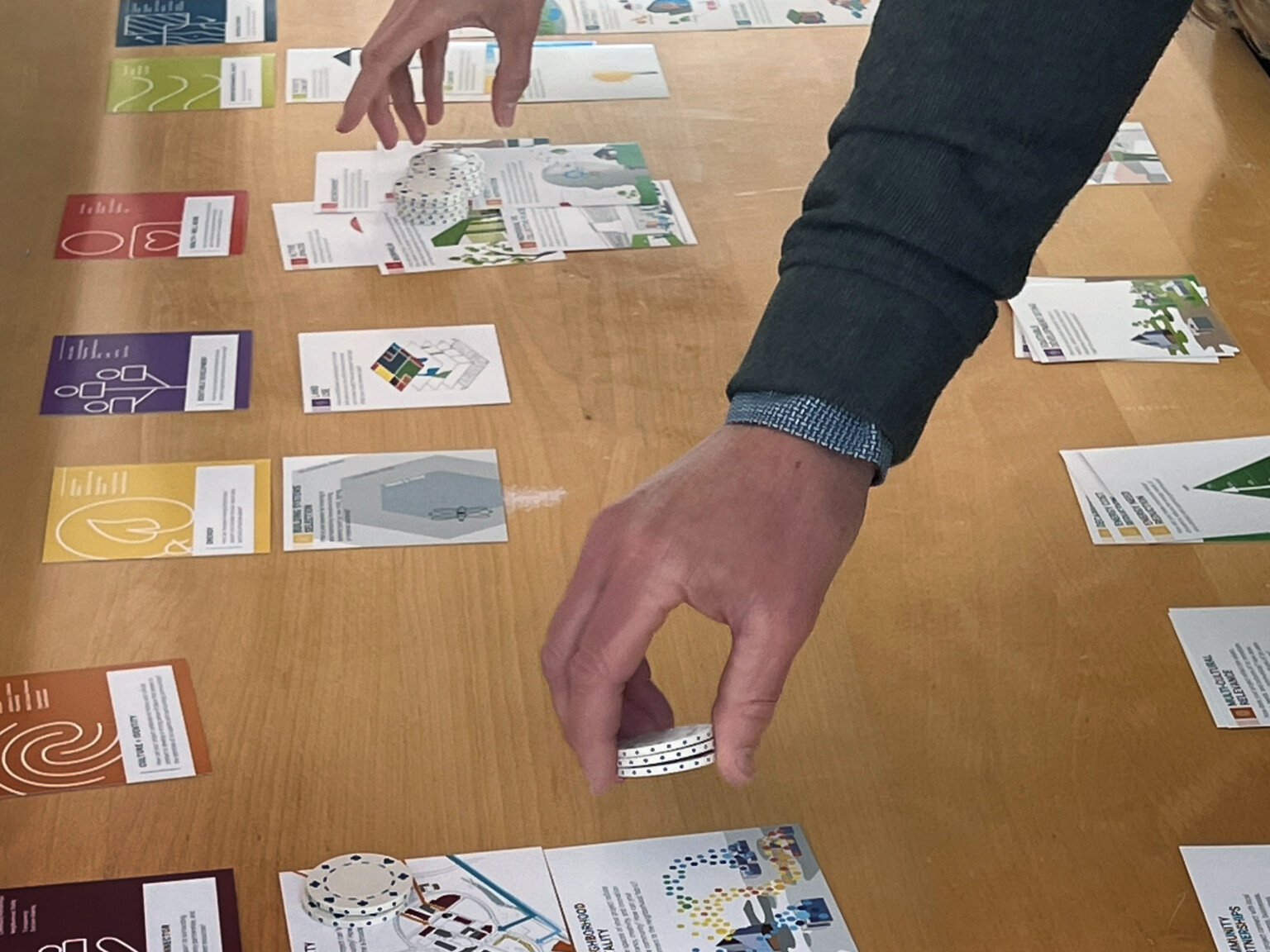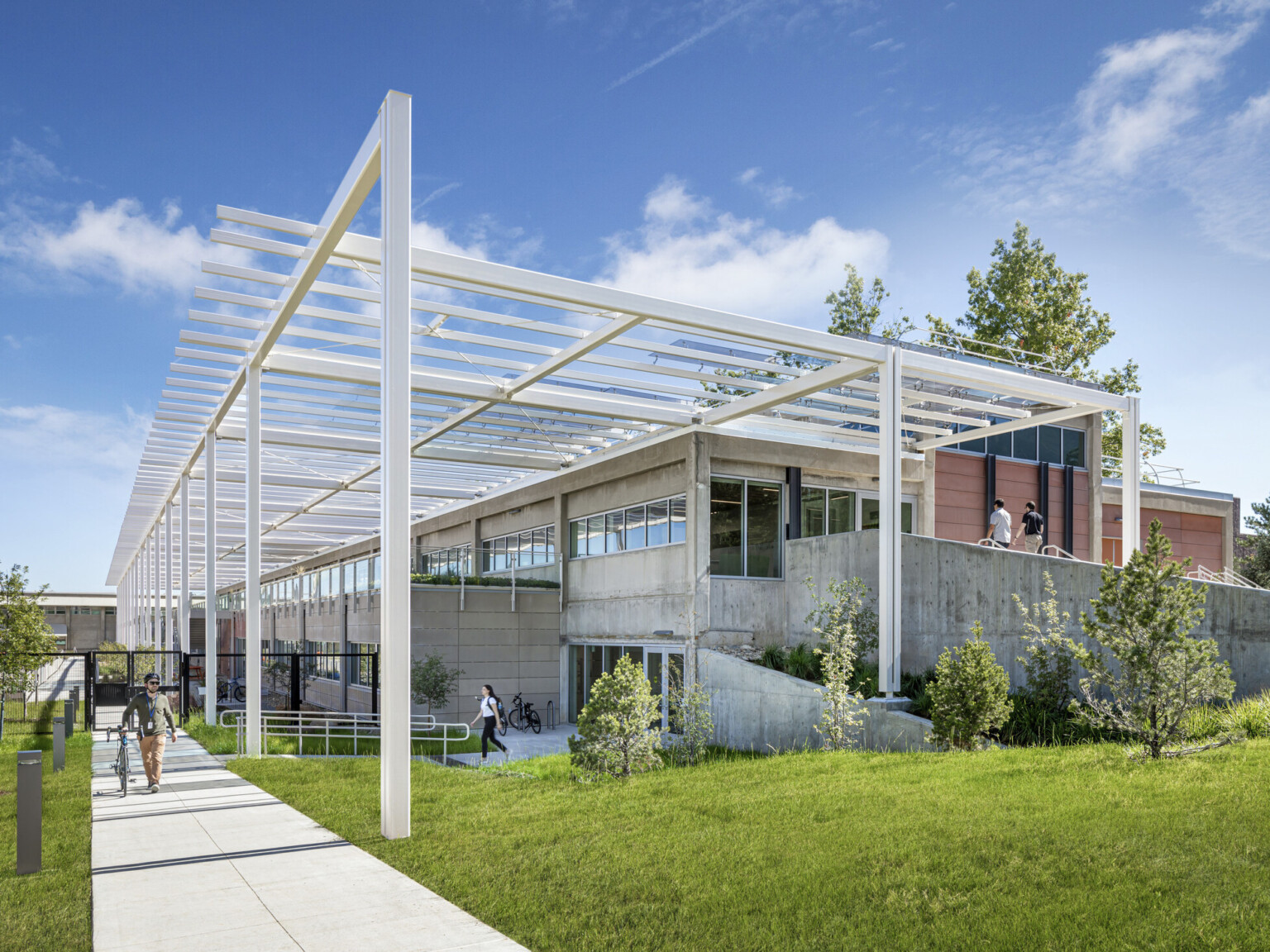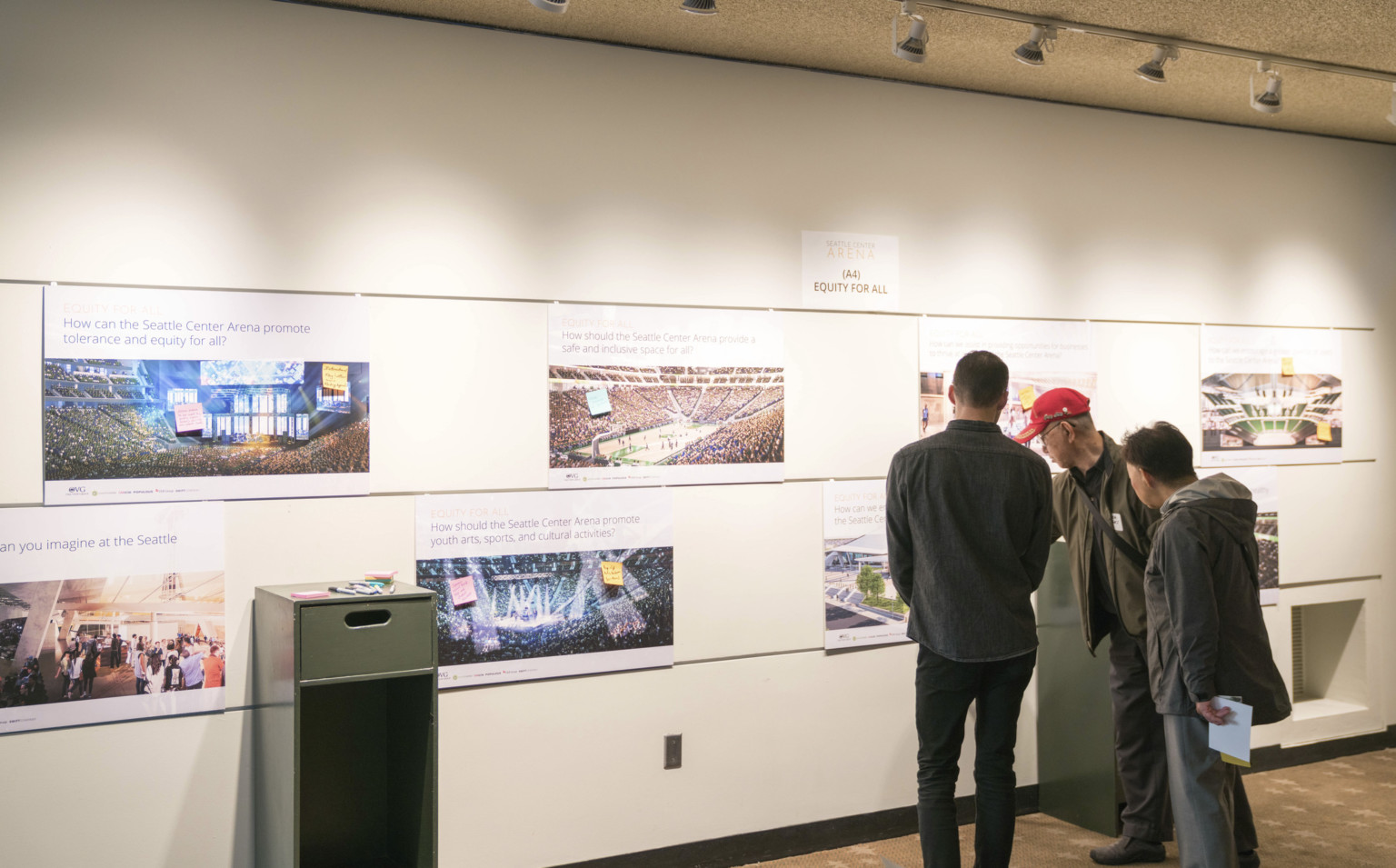
Outside In: Collaborative Community Design
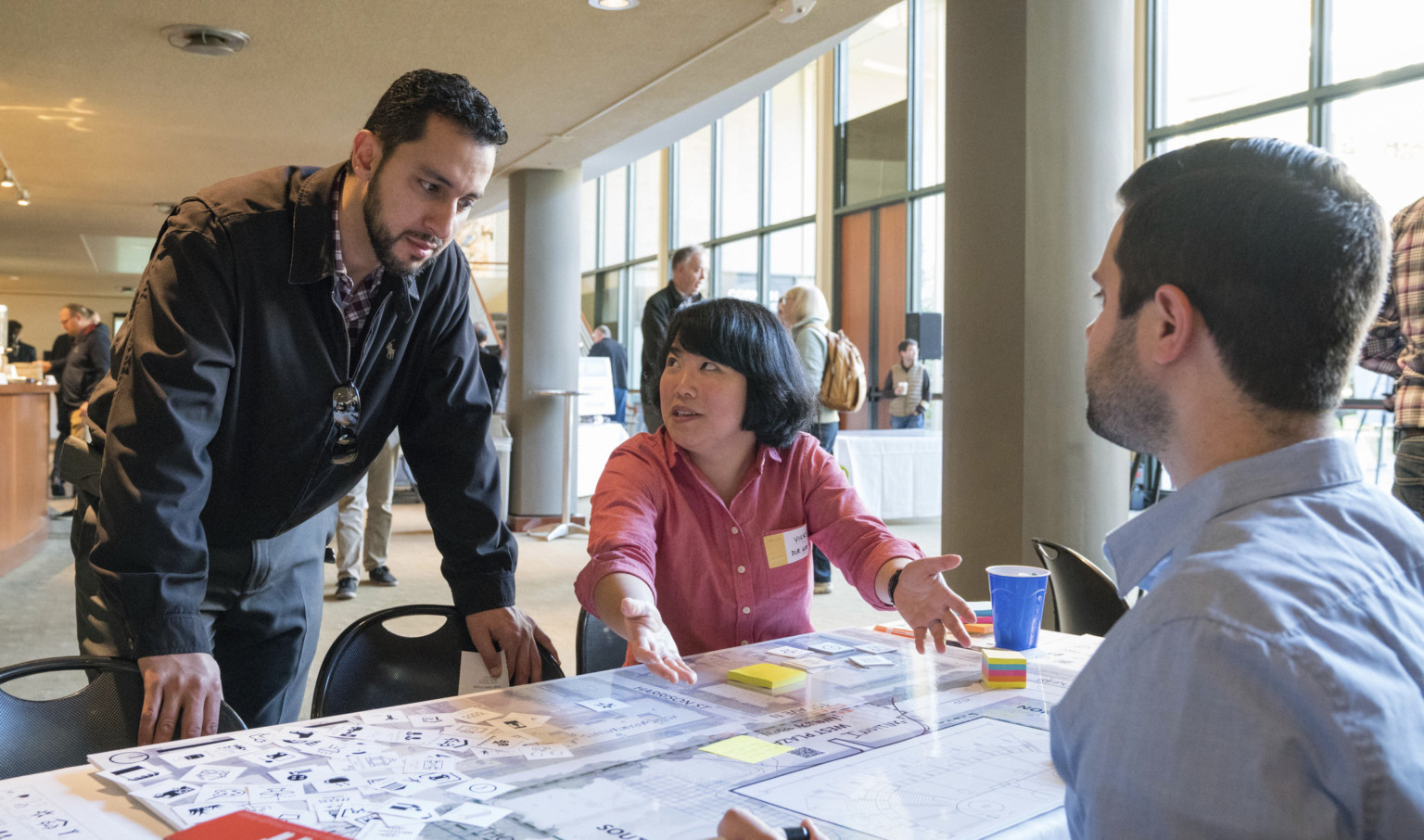
I believe leveraging a platform for people to come together – cultivating diverse perspectives and integrating expert knowledge across different client groups – can forge a path toward better solutions for the physical spaces we create.
Community engagement has, and continues to be, a critical tool in DLR Group’s practice for how we engage people and the communities we serve. The success of projects are grounded in the extent to which the designer is embedded in the community and the community is embedded in the process. Whether bond planning for a justice client, assisting a school district with their facilities planning, or working with a private developer on outreach, engagement drives more efficient and human-centered solutions that meet real needs and reflect community values.
Using a personal development grant awarded to me by DLR Group, I’m helping clients understand the value and the practical considerations beyond the building so that social values such as health impact, diversity, and equity can be taken into account throughout the design process. Helping clients engage with communities is a more holistic approach that ultimately contributes to greater project success and healthier communities.
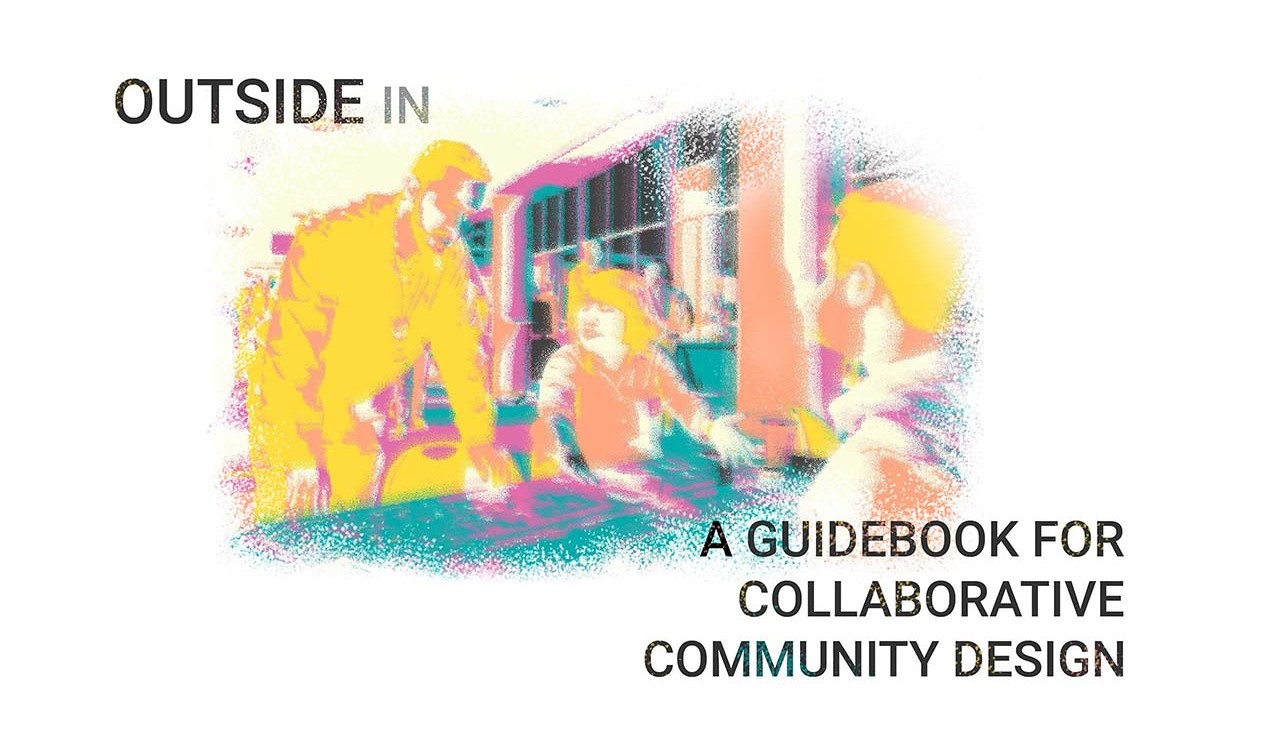
The final products of this PDG are two-fold:
- A guidebook for collaborative community design designed to provide lessons learned for community engagement practices. It is not a detailed “how-to” guide, nor is it a comprehensive outline of what every process should look like. It is an introductory document to provide a framework and collection of practices, approaches, and methods that have worked in previous contexts with the understanding that every engagement process looks different. Case studies such as the Seattle Center Arena and Canyon View High School provide additional insight into the specifics of community engagement.
- A video tells the story of community engagement, the importance of community perspective, and how designers can learn from communities to do better design work.
A diversity of voices both inside and outside of DLR Group helped shape this work. Listening to and collaborating with these individuals expanded my understanding of the complex forces that shape the built environment. Through this process, I’ve learned how designers and architects can take part in a larger vision to improve the futures of our cities and communities. As a young designer starting out in the architectural profession, this professional development grant has given me a bigger picture, and a specific path to work towards as a professional, and as member of the communities I’m a part of.
Community means different things to different people and is in a constant state of flux. Even so, I’ve learned the value in getting to know your neighbors, talking to people, and trying to understand what the world looks like through someone else’s eyes. This kind of approach is relevant across the AEC industry, and beyond. If our industry consistently started the conversation from the users’ perspective, or from the community perspective, it could change the entire practice.
